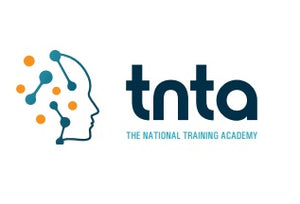Safeguarding is everybody's business, It is the action taken to promote the welfare of 'adults at risk', protecting their right to live safely, free form abuse and neglect.
If individuals and organisations work together and share information, they can identify refer and respond to prevent and/or support individuals at risk of or suffering from abuse and neglect.
This includes staff being able to recognise signs, symptoms and behavioural indicators, understand what constitutes an 'adult at risk', know how to respond and work with other organisations and know when a referral is needed to statutory services.
This course is for anyone who comes into contact with adults and will help staff to understand safeguarding and how to embed it into everyday service delivery.
This course contains the following modules:
1. Signs, symptoms and behavioural indicators of abuse - We look at what constitutes an adult at risk, how this could be a permanent state or episodic. Safeguarding principles and the roles and responsibilities of practitioners. Different forms that adults abuse can take (10 categories) and signs and symptoms associated with these types of abuse. Behavioural indicators to look out for when working with adults and the consequences of abuse.
2. Susceptibility to abuse - Some adults may be more susceptible to abuse, we look at heightened risk factors including domestic abuse, drugs and alcohol, and mental health. This leads on to mental capacity including the five principles and how these work in practice.
3. Reporting, responding and recording concerns and disclosures - The difference between a concern and a disclosure. The importance of recording and reporting (Duty to report). Why some adults may be reluctant to talk and reacting appropriately (advice and tips). Reporting a safeguarding concern, reporting a disclosure of abuse, handling a disclosure, what to record, who to report it to, when to report it (timescales), after the disclosure. Consent, person centred approach and referrals to social care.
4. Legislation and guidance – Legislation: The Care Act 2014 (including the safeguarding principles and making safeguarding personal), Safeguarding adults Boards and their roles and responsibilities, Human Rights Act 1998, Mental Capacity Act 2015, and other legislation. We look at what your organisation needs to have in place, including policy, procedures and designated safeguarding lead, along with other agencies working with adults and their roles, including advocacy. Information sharing and confidentiality.
This course takes learners approx 2 hours to complete.
